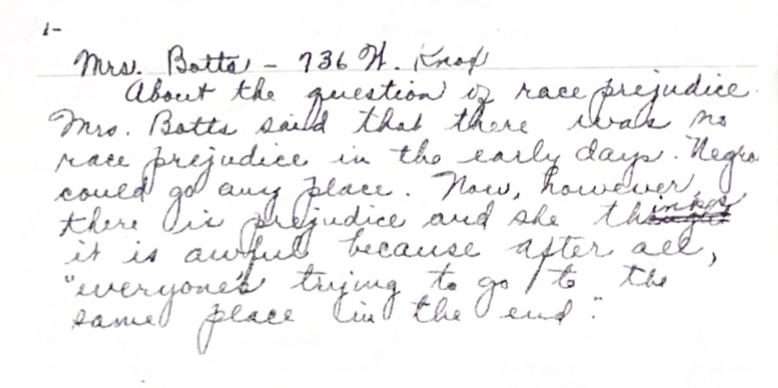The 2021 film adaptation, “The Green Knight” is director David Lowery’s finest work to date. Much like with his haunting 2017 film, “A Ghost Story”, Lowery’s fascination with time and the finality of all things drives his vision forward. Though, unlike with “A Ghost Story”, his vision is clearer and more poignant this time around. It’s also more beautiful. With the Arthurian backdrop of 14th century Camelot at his disposal, Lowery gives us a lush, visual playground of magic and metaphors.
The story of “The Green Knight” is that of myth and legend. It’s based on a poem by the same name which is said to have been written in the 14th century but by whom, no one knows. The film adaptation is essentially a modern morality tale where our titular hero traverses a foreign and mystical land to achieve honor. Along the way, he is tested by a number of encounters that bring him closer to his destination. However, Lowery cleverly uses our knowledge of these tropes against us and subverts the typical hero’s journey to tell a more human tale. But Lowery didn’t do this alone.
With a surreal and calculated performance as Gawain (the bastard son of King Arthur), Dev Patel proves his formidable talent as an actor. While his character is primarily an analog for humanity, he still manages to inject Gawain with sympathy and relatability. He holds the weight of the film’s main conceit on his shoulders and it’s both liberating as well as unnerving to witness his character’s arc throughout.
When Gawain is finally given the chance to prove his greatness to his father and brethren at the round table, it’s at the behest of an emerald stranger cloaked in twigs and corporeal tree bark. The stranger, this green knight, wishes for someone to indulge him in a friendly Christmas game. Anyone may strike a blow to him and, one year from the day, the perpetrator must seek him out at the green chapel, where the same blow will be returned unto them. Naïve and determined to achieve greatness, Gawain strikes the green knight in the neck, severing his head. He is left speechless when the green knight picks up his head and rides away cackling. Now, in order to achieve greatness, Gawain must complete the game in one year’s time.
Death is a terrifying prospect. The idea of ceasing to exist pokes holes into the fantasy of being important. The notion of facing it is something I don’t think anyone would want to consider, even though it’s the most assured thing in life. As a human, I know I occasionally think about the mark I’ll leave on this world. I want to be special and be above death. I want to be known as great or, at least, having done something great.
But how tangible is greatness? Could our quest for greatness merely be a misguided and elaborate measure for cheating death? If I achieve greatness, I’ll have a legacy that will live beyond my time. But there will inevitably come a time when that legacy is forgotten, no matter how impactful. So is our quest for greatness futile?
Through “The Green Knight”, Lowery suggests that this fear of death and subsequent fetishization of greatness can be a potential contributor to the selfishness and hubris in humanity — but also that humanity is not without hope. It’s a film whose themes and meanings continue to unravel in your mind long after the credits roll like an everlasting puzzle.
If you find yourself free at all this holiday season, I implore you to partake in this enchanting Christmas game.
✩✩✩✩✩ 5/5












